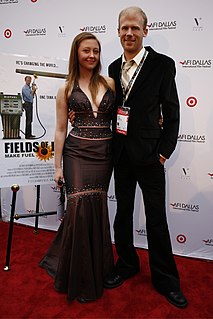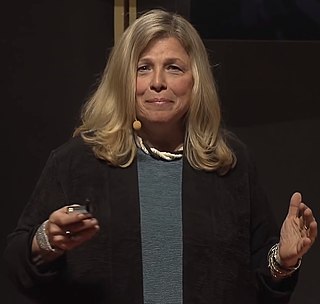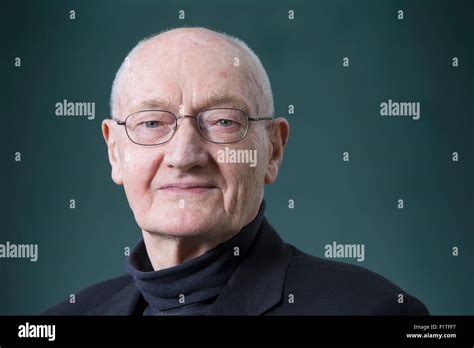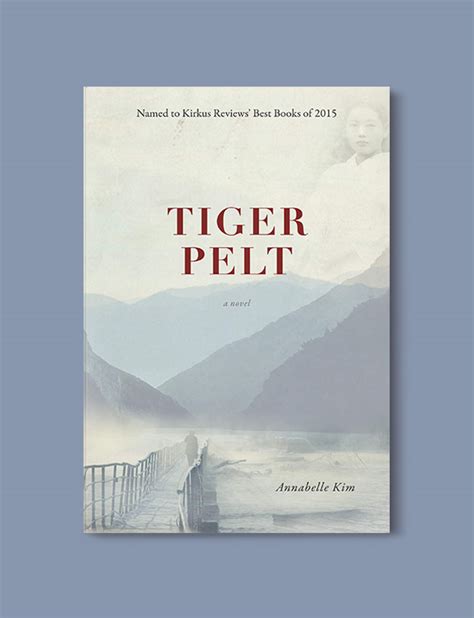A Quote by Josh Tickell
The bigger question, rather than what's true and what's false, is what do we want?
Related Quotes
My point taken further is that True and False (hence what we call "belief") play a poor, secondary role in human decisions; it is the payoff from the True and the False that dominates-and it is almost always asymmetric, with one consequence much bigger than the other, i.e., harboring positive and negative asymmetries (fragile or antifragile). Let me explain.
Isolating the student from large sections of human knowledge is not the basis of a Christian education. Rather it is giving him or her the framework for total truth, rooted in the Creator's existence and in the Bible's teaching, so that in each step of the formal learning process the student will understand what is true and what is false and why it is true or false.
Either Christianity is true or it's false. If you bet that it's true, and you believe in God and submit to Him, then if it IS true, you've gained God, heaven, and everything else. If it's false, you've lost nothing, but you've had a good life marked by peace and the illusion that ultimately, everything makes sense. If you bet that Christianity is not true, and it's false, you've lost nothing. But if you bet that it's false, and it turns out to be true, you've lost everything and you get to spend eternity in hell.
I'd say that it's often true that people are attracted to each other immediately and everything lines up, but it's just as true for those relationships to end up a disaster. But people don't think of that as false love-at-first-sight. They highlight the examples that worked rather than the ones that failed.

































